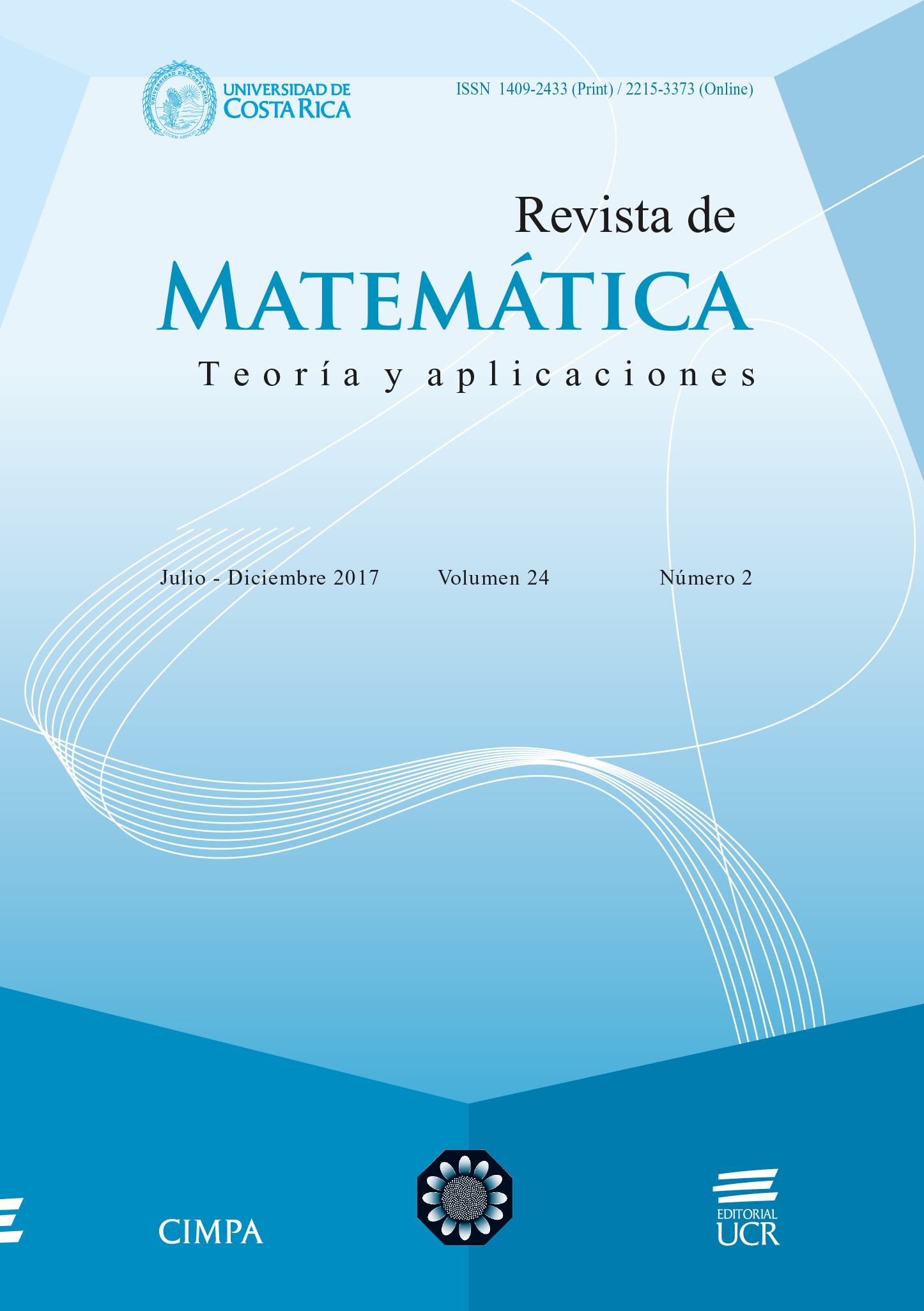Abstract
The Hartle-Thorne metric defines a reliable spacetime for most astrophysical purposes, for instance simulations of slowly rotating stars. Solving the Einstein field equations, we added terms of second order in the quadrupole moment to its post-linear version in order to compare it with solutions found by Blanchet in the multi-polar post-Minkowskian framework. We first derived the extended Hartle-Thorne metric in harmonic coordinates and then showed agreement with the corresponding post-linear metric from Blanchet. We also found a coordinate transformation from the post-linear Erez-Rosen metric to our extended Hartle-Thorne spacetime. It is well known that the Hartle-Thorne solution can be smoothly matched with an interior perfect fluid solution with appropriate physical properties. A comparison among these solutions provides a validation of them. It is clear that in order to represent realistic solutions of self-gravitating (axially symmetric) matter distributions of perfect fluid, the quadrupole moment has to be included as a physical parameter.
References
Berti, E.; White, F.; Maniopoulou, A.; Bruni, M. (2005) “Rotating neutron stars: An invariant comparison of approximate and numerical space-time models”, Monthly Notices of the Royal Astronomical Society 358: 923–938. http://dx.doi.org/10.1111/j.1365-2966.2005.08812.x
Blanchet, L.; Damour, T. (1986) “Radiative gravitational fields in general relativity I. General structure of the field outside the source”, Philosophical Transactions of the Royal Society of London A 320(1555): 379–430. http://dx.doi.org/10.1098/rsta.1986.0125
Blanchet, L. (1998) “Quadrupole-quadrupole gravitational waves”, Classical and Quantum Gravity 15(1): 89–111. http://dx.doi.org/10.1088/0264-9381/15/1/008
Blanchet, L. (2014) “Gravitational radiation from Post-Newtonian sources and inspiralling compact binaries”, Living Reviews in Relativity 17(2). http://www.livingreviews.org/lrr-2014-2
Carmeli, M. (2001) Classical Fields: General Relativity and Gauge Theory. World Scientific Publishing, Singapore. http://www.worldscientific.com/worldscibooks/10.1142/4843
Cook, G.B.; Shapiro, S.L.; Teukolsky, S A. (1994) “Rapidly rotation neutron stars in general relativity: Realistic equations of state”, Astrophysical Journal 424: 823–845. http://dx.doi.org/10.1086/173934
Damour, T.; Iyer, B. (1991) “Multipole analysis for electromagnetism and linearized gravity with irreducible Cartesian tensors”, Physical Review D 43(10): 3259–3272. http://dx.doi.org/10.1103/PhysRevD.43.3259
Doroshkevich, A.G.; Zel’dovich, Ya.B.; Novikov, I.D. (1966) “Gravitational collapse of nonsymmetric and rotating masses”, Journal of Experimental and Theoretical Physics (Soviet Physics JETP) 22(1): 122–130. http://www.jetp.ac.ru/cgi-bin/e/index/e/22/1/p122?a=list
Ernst. F.J. (1968) “New formulation of the axially symmetric gravitational field problem”, Physical Review 167(5): 1175–1177. http://dx.doi.org/10.1103/PhysRev.167.1175
Fodor, G.; Hoenselaer, C.; Perjés, Z. (1989) “Multipole moments of axisymmetric systems in relativity”, Journal of Mathematical Physics 30(10): 2252–2257. http://dx.doi.org/10.1063/1.528551
Frutos-Alfaro, F.; Retana-Montenegro, E.; Cordero-García, I.; Bonatti- González, J. (2013) “Metric of a slow rotating body with quadrupole moment from the Erez-Rosen metric”, International Journal of Astronomy and Astrophysics 3: 431–437. (ArXiv:1209.6126v2). http://dx.doi.org/10.4236/ijaa.2013.34051
Frutos-Alfaro, F.; Montero-Camacho, P.; Araya, M.; Bonatti-González, J. (2015) “Approximate metric for a rotating deformed mass”, International Journal of Astronomy and Astrophysics 5: 1–10. http://dx. doi.org/10.4236/ijaa.2015.51001
Geroch, R. (1970) “Multipole moments. II. Curved space”, Journal of Mathematical Physics 11(8): 2580–2588. http://dx.doi.org/10.1063/1.1665427
Gürsel, Y. (1983) “Multipole moments for stationary systems: The equivalence of the Geroch-Hansen formulation and the Thorne formulation”, General Relativity and Gravitation 15(8): 737–754. http://dx.doi. org/10.1007/BF01031881
Hansen, R.O. (1974) “Multipole moments of stationary space-times”, Journal of Mathematical Physics 15(1): 46–52. http://dx.doi.org/10.1063/1.1666501
Hartle, J.B.; Thorne K.S. (1968) “Slowly rotating relativistic stars. II. Models for neutron stars and supermassive stars”, Astrophysical Journal 153: 807–834. http://dx.doi.org/10.1086/149707
Hearn, A.C. (1999) REDUCE (User’s and Contributed Packages Manual). Konrad-Zuse-Zentrum für Informationstechnik, Berlin. http://www.reduce-algebra.com/docs/reduce.pdf
Hernández-Pastora, J.L.; Martín, J. (1994) “Monopole-quadrupole static axisymmetric solutions of Einstein field equations”, General Relativity and Gravitation 26(9): 877–907. http://dx.doi.org/10.1007/BF02107146
Hoenselaers, C.; Perjés, Z. (1990) “Multipole moments of axisymmetric electrovacuum spacetimes”, Classical and Quantum Gravity 7(10): 1819–1825. http://dx.doi.org/10.1088/0264-9381/7/10/012
Manko, V.S.; Mielke, E.W.; Sanabria-Gómez, J.D. (2000) “Exact solution for the exterior field of a rotating neutron star”, Physical Review D 61, 081501(R). http://dx.doi.org/10.1103/PhysRevD.61.081501
Manko, V.S.; Sanabria-Gómez, J.D.; Manko, O.V. (2000) “Nine-parameter electrovac metric involving rational functions”, Physical Review D 62, 044048. http://dx.doi.org/10.1103/PhysRevD.62.044048
Pachón, L.A.; Rueda, J.A.; Sanabria-Gómez, J.D. (2006) “Realistic exact solution for the exterior field of a rotating neutron star”, Physical Review D 73, 104038. http://dx.doi.org/10.1103/PhysRevD.73.104038
Pappas, G.; Apostolatos, T.A. (2012) “Revising the multipole moments of numerical spacetimes and its consequences”, Physical Review Letters 108(23), id. 231104. http://dx.doi.org/10.1103/PhysRevLett.108.231104
Poisson, E.; Will, C.M. (2014) Gravity (Newtonian, Post-Newtonian, Relativistic). Cambridge University Press, Cambridge. http://www.cambridge.org/us/academic/subjects/physics/
Quevedo, H.; Mashhoon, B. (1991) “Generalization of Kerr space-time”, Physical Review 43(12): 3902–3906. http://dx.doi.org/10.1103/PhysRevD.43.3902
Quevedo, H. (2011) “Exterior and interior metrics with quadrupole moment”, General Relativity and Gravitation, 43(4): 1141–1152. http://dx.doi.org/10.1007/s10714-010-0940-5
Ryan, F.D. (1995) “Gravitational waves from the inspiral of a compact object into a massive, axisymmetric body with arbitrary multipole moments”, Physical Review D 52, 5707. http://dx.doi.org/10.1103/PhysRevD.52.5707
Simon, W.; Beig, R. (1983) “The multipole structure of stationary space-times”, Journal of Mathematical Physics 24(5): 1163–1171. http://dx.doi.org/10.1063/1.525846
Thorne, K.S. (1980) “Multipole expansions of gravitational radiation”, Reviews on Modern Physics 52(2): 299–340. http://dx.doi.org/10.1103/RevModPhys.52.299
Winicour, J.; Janis, A.I.; Newman, E.T. (1968) “Static, axially symmetric point horizons”, Physical Review 176: 1507–1513. http://dx.doi.org/10.1103/PhysRev.176.1507
Young, J.H.; Coulter; C.A. (1969) “Exact metric for a nonrotating mass with a quadrupole moment”, Physical Review 184: 1313–1315. http://dx.doi.org/10.1103/PhysRev.184.1313
Zel’dovich, Ya.B.; Novikov, I.D. (2011) Stars and Relativity. Dover Publications, New York. http://store.doverpublications.com/0486694240.html

This work is licensed under a Creative Commons Attribution-NonCommercial-ShareAlike 4.0 International License.
Copyright (c) 2017 Revista de Matemática: Teoría y Aplicaciones
